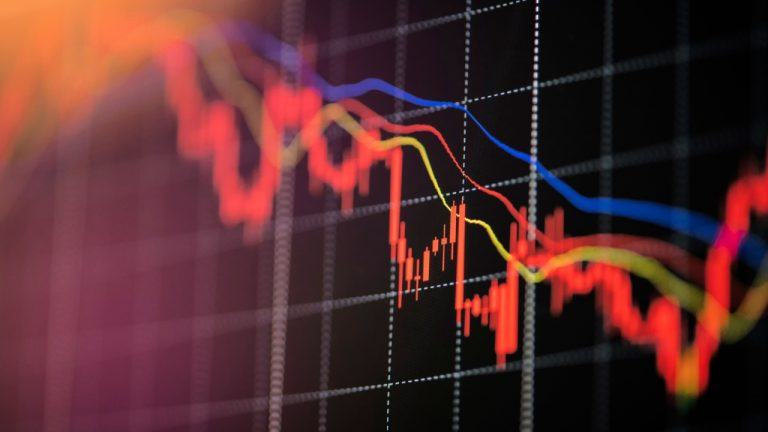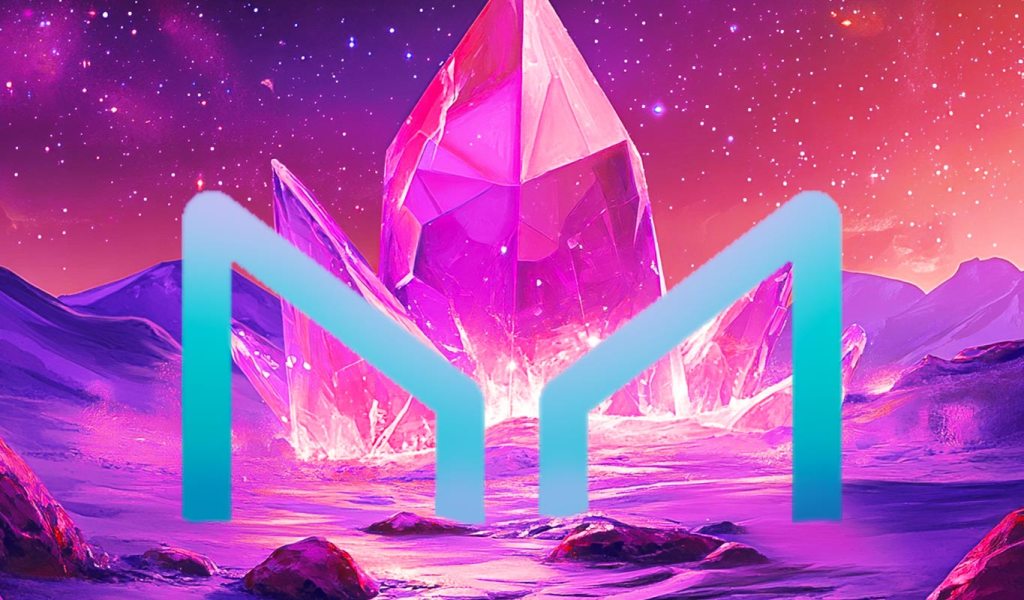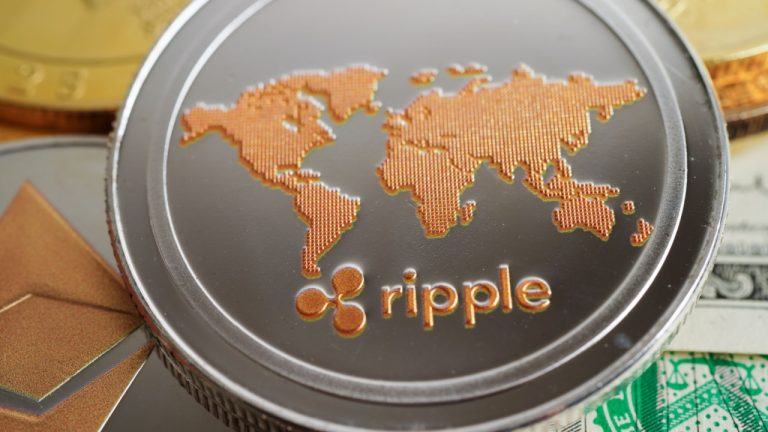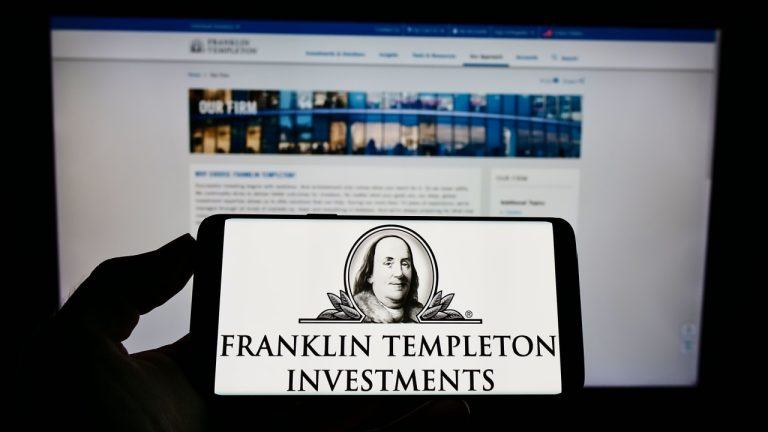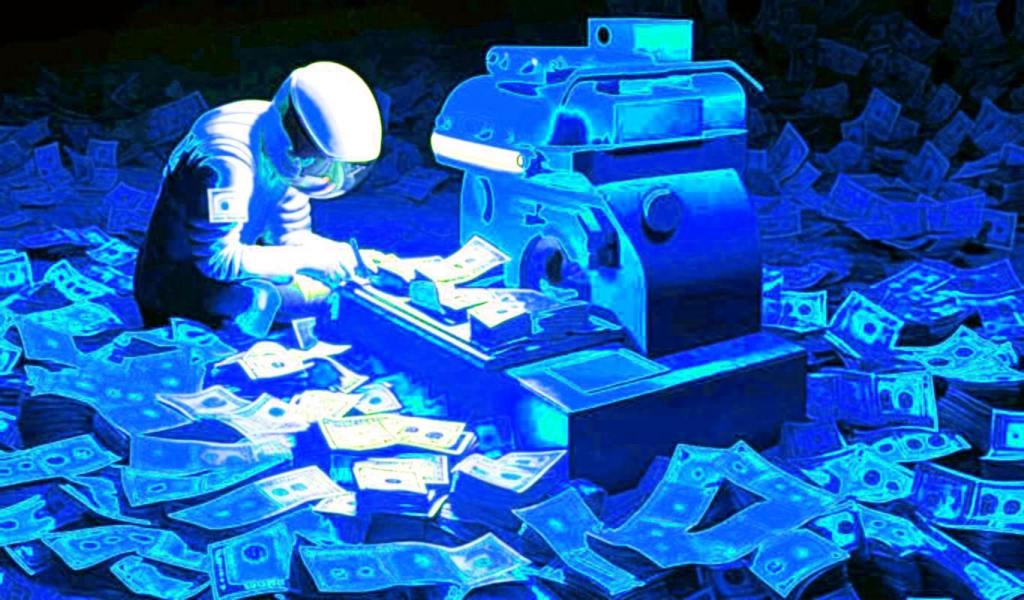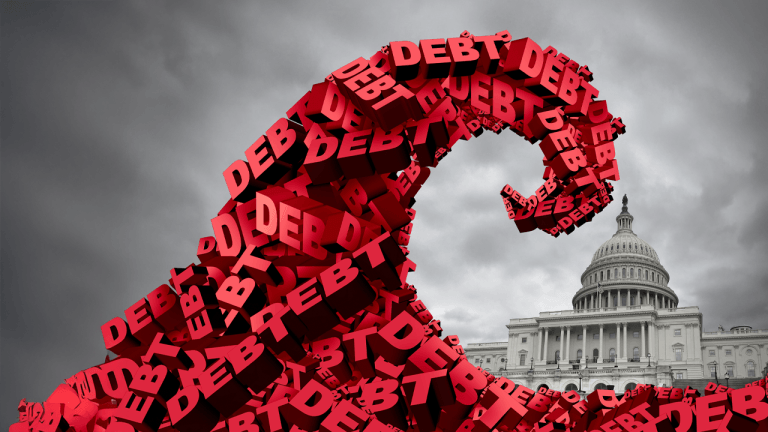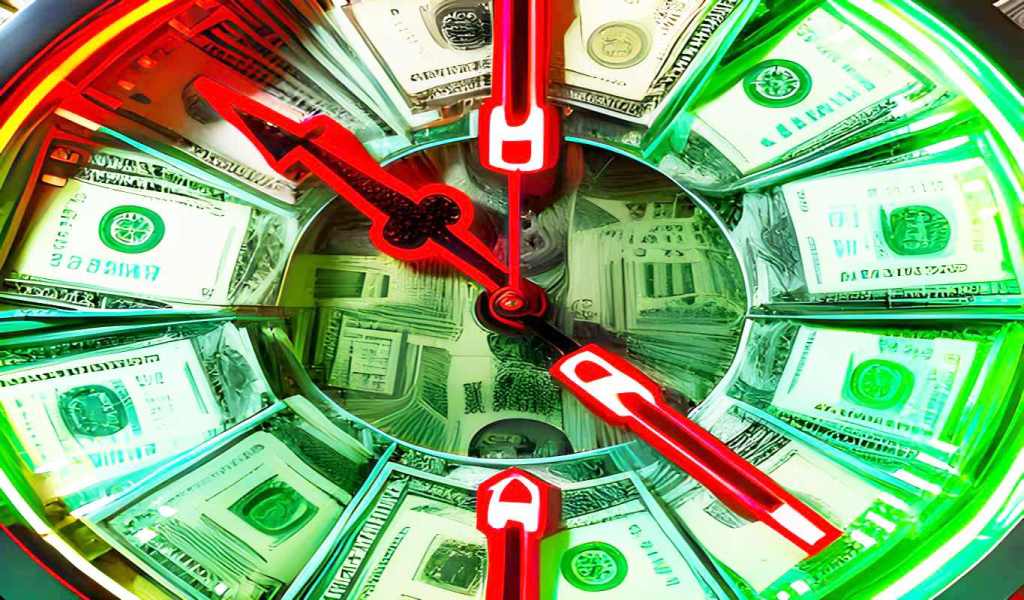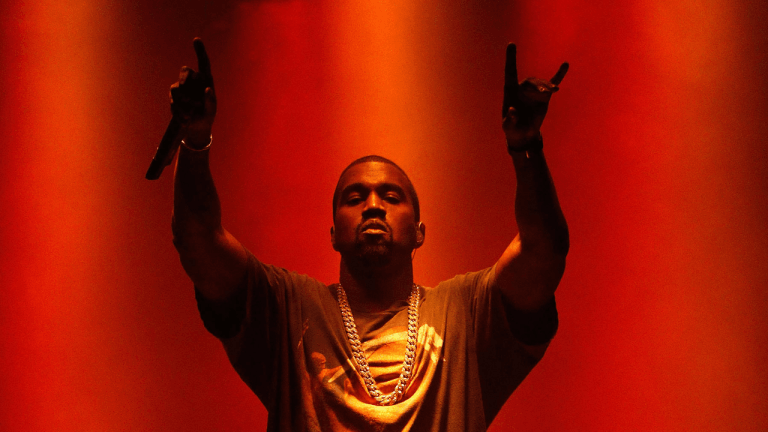
P2P payments spurred crypto adoption across Venezuela in 2021

Venezuelans tried to fight inflation this year by using cryptocurrencies on an unprecedented scale in the country.
For Venezuela, 2021 has been a year of considerable changes at the microeconomic level, where even more than in 2020, the results of powerful catalysts for change such as COVID-19 were clearly visible.
In a more dynamic economy with a higher volume of operations with foreign currencies, cryptocurrencies played a key role during this year for the South American country.
In this review, we’ll take a look at the highlights of the Venezuelan crypto ecosystem in 2021 including related areas such as trading, play-to-earn (P2E) games, fintech, mining, regulation and nonfungible tokens (NFTs).
More people accepting cryptocurrencies
According to blockchain analysis firm Chainalysis, Venezuela ranks seventh in the Global Cryptocurrency Adoption Index 2021 thanks in large part to peer-to-peer (P2P) trading activity.
A noticeable trend in 2021 was the growing number of people and businesses in Venezuela accepting cryptocurrencies as a form of payment to circumvent the hyperinflation and devaluation of the national currency, the bolivar — a trend that has plagued the South American nation for the last few years.
In some of the main cities of the country such as the capital Caracas and Puerto La Cruz, it is increasingly normal to see people or merchants using cryptocurrencies as a form of payment.
The appearance and adoption of crypto payment platforms such as Binance Pay, Reserve or even Valiú have accelerated the adoption of a more digital economy based on cryptocurrencies without the need for users to have extensive knowledge of the subject.
Notable businesses accepting cryptocurrencies in Venezuela include the Simón Bolívar International Airport, supermarket chain Bio Mercados, several casinos and even the largest cable TV operator in the country. Fast food chain Church’s Chicken also began paying bonuses to its employees in Dash (DASH).
Support for legal mining
According to a report by the University of Cambridge, Venezuela ranked among the top 10 cryptocurrency-mining countries at the beginning of 2021, making it the first Latin American country to break the top 10.
The country’s high mining ranking was thanks in large part to it having the cheapest electricity prices in Latin America since 2018. This makes the Caribbean country attractive for Bitcoin (BTC) mining and the creation of a regulatory framework that protects and guarantees the legal development of the industry.
Despite some cases of mining equipment being seized, arbitrary disconnections and arrests of illegal miners, the National Superintendence of Cryptoassets (SUNACRIP) has called on miners to operate legally. It is further searching for mechanisms to provide guarantees of legal stability.
By mid-September, an official communiqué from the government ordered law enforcement to refrain from making inspections or carrying out operations related to the supervision, seizure or of any other nature that interrupts cryptocurrency mining.
In mid-November, the country’s fifth official mining meeting took place and SUNACRIP met with more than 150 miners from the region, companies linked to the digital mining sector, crypto personalities from the Venezuelan ecosystem and exchanges like Binance.
Play-to-earn game craze
For the last four months of 2021, 10 of the 50 most visited web pages in Venezuela were related to cryptocurrencies, among which were a notable amount related to popular NFT games like Axie Infinity and Plants vs Undead.
Play-to-earn and NFT games caused a furor in Venezuela among both experienced crypto users and newcomers to the asset class. The games have encouraged crypto adoption, primarily thanks to players’ ability to generate dividends.
For many Venezuelan families, this has turned out to be a type of economic salvation given the low salaries. In fact, Venezuela boasts the second-most active user base by country in Axie Infinity behind the Philippines.
The game was so popular that many businesses began to accept Axie Infinity’s Smooth Love Potion (SLP) token. Binance enabled P2P exchange of SLP in its application, and even a candidate for governor of the ruling party in the recent regional elections promised to deliver Axie Infinity scholarships if he won.
Academic interest in crypto and blockchain
Education is fundamental for adoption in Venezuela, where the Universidad Catolica Andres Bello in Venezuela, incorporated blockchain, cryptocurrencies and fintech into the curriculum of programs in its schools of business administration and public accounting.
The Universidad Nacional Experimental de las Telecomunicaciones e Informática introduced a master’s degree on blockchain, while Universidad de los Llanos unveiled plans to introduce an undergraduate degree focused on blockchain engineering and cryptocurrencies in 2022.
Blockchain specialist appointed
Civil servant Roman Maniglia, a self-designated specialist in cryptocurrencies and new technologies, was appointed by the government of President Nicolas Maduro at the end of September as president of that country’s largest bank, Banco de Venezuela.
The appointment of an official who describes himself in his Twitter biography as a specialist in finance, cryptocurrencies, fintech and blockchain, demonstrates Venezuela’s interest in combining traditional financial systems with the new generation of technologies like blockchain.
Promotion of Venezuelan NFT art
2021 saw a boom not only in cryptocurrency markets, but the explosion of NFTs across the globe — Venezuela was no exception.
NFTs saw mass adoption in entertainment with several popular video games, as well as use cases in art and music.
SUNACRIP launched an NFT in commemoration of the country’s independence and the bicentennial of the Battle of Carabobo. The long-standing flagship company in the nation’s liquor sector, Ron Carúpano de Venezuela, launched its own collection of NFTs on OpenSea’s decentralized marketplace for charitable purposes. In addition, a community of Venezuelan artists called La Tokenía minted artworks into NFTs and displayed them at special exhibitions.
Go to Source
Author: Juan Abad
